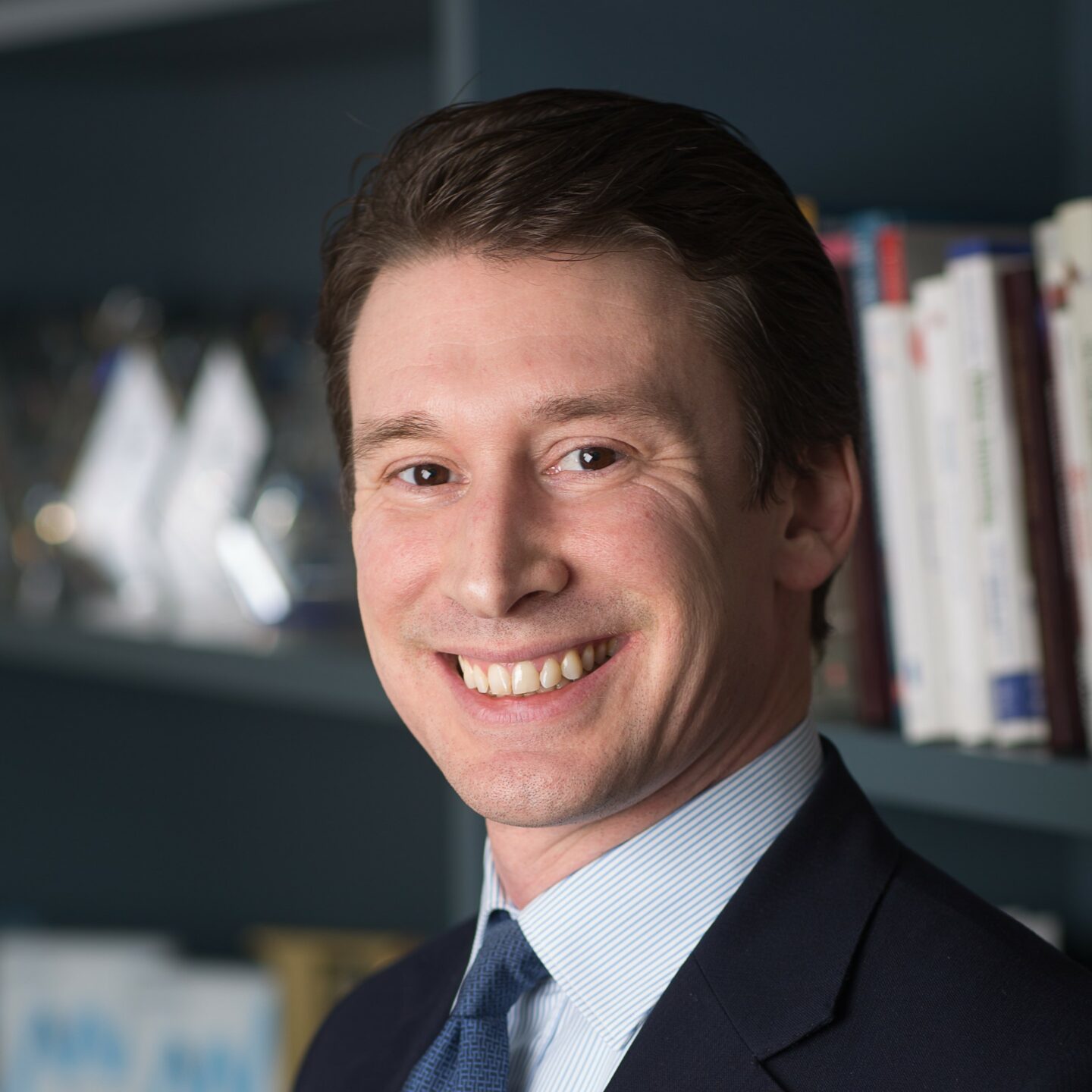
In the latest in our series, Portfolio Adviser hears from Seilern Investment Management head of UK wholesale Louis Wood (pictured right)
Which particular asset classes and strategies do you anticipate your intermediary clients focusing on over the second half of the year and into 2022?
This question centres on short-term outlook, which contrast with the very heart of what we do. Our business is all about investing in what we believe are only the very best businesses, which demonstrate the capability to achieve consistent and repeatable growth over multi-year periods.
Absolute quality growth that is sustainable well into the future is what intermediaries will be looking for in our approach. At Seilern, we have been long-term quality growth investors for more than three decades, managing three funds investing in OECD equities: World Growth, America and Europa. The asset class has gained in popularity with intermediaries for much of the last decade.
Moving into the second half of the year, the mood has been gathering that recent upticks in inflation could turn out to be transitory and intermediaries could move their focus away from cyclical portfolios back to quality growth funds. Either way, the professional buyers of our funds are of the ilk that they will look beyond short-term cyclical factors.
Ultimately, demand from intermediaries for concentrated, active funds that do not tilt or rotate style should be enduring. We are very clear about our approach and committed to our investment philosophy. We hope these attributes appeal to UK clients and it is why we wanted to put our proposition to UK investors. In contrast to many other popular quality growth managers, we are not capacity constrained, which should put us in a strong position going into 2022.
“When assessing unfamiliar asset classes, beware lobster pots! Daily liquidity is often underappreciated”
Should end-investors – and, by association, asset managers – be thinking beyond equity and bond investments? Towards what sort of areas?
Given we are quality growth investors building concentrated portfolios of OECD-listed public equities, we will not launch any alternative strategies. More generally, though, alternative investments, such as hedge funds, property, crypto and private equity have grown in popularity in recent years. There are many excellent alternative asset managers, and these products could be suitable for some investors.
I have some experience of the alternative investment world, having worked for a global low/mid-market buyout fund. When assessing any investment – but particularly one you may not be familiar with – I would caution investors to understand the duration of the asset class, its liquidity profile, the key drivers of the assets’ prices and to understand what the exit strategy could look like. Beware lobster pots! Daily liquidity is often underappreciated.
Given client and regulatory pressure on fees and charges, how is your business delivering value for money to intermediaries and end-clients?
The net performance figures for our three funds suggest we have added significant value to our clients’ portfolios over the last 30 years. Beyond performance and price, however, we aim to add value to clients through our total commitment to our investment philosophy, quality growth investing, and our process, governed by our 10 Golden Rules.
As a result of this, our clients can be confident they understand how our portfolios react to market events and cycles. This should be valuable to them when they are building portfolios and managing their clients’ expectations.
We are a private, family-owned, research-focused investment manager. Our first commitment is to our clients’ money and ensuring we generate the best returns possible from quality growth businesses that reduce the risk of any permanent loss of capital. Our second commitment is to the clients’ wellbeing, making sure we communicate clearly with them. In an increasingly commoditised market where asset managers primary commitment is to relentlessly grow their assets under management, our clients see significant value in our corporate culture.
“We invest on behalf of others and must do so with a clear sense of fiduciary duty”
How much of your distribution is currently oriented towards ESG issues and sustainable investing? How do you see this evolving over the next 18 months?
We invest on behalf of others and must do so with a clear sense of fiduciary duty. Investing responsibly – that is, in such a way that we can sustainably preserve and enhance investor capital – fulfils this fiduciary duty. We have developed a process that screens out many industry sectors including banks, utilities, telecoms, oil and gas, energy, heavy industrials, automotive, insurance and airlines and commodities. The output of our quality growth screens are portfolios that score well against ESG criteria. Currently our funds have five-globe ratings from Morningstar.
In what ways do you think the experience of the last 18 months has permanently affected or changed the asset management sector?
I am not sure the last 18 months has changed the asset management industry – for us, it appears to have reinforced the confidence of investors in our funds and quality growth businesses with sustainable business models. Nevertheless, certain technology-related trends have been accelerated because of Covid-19. Communication is key and it has been important to use technology to stay in touch with investors.
As we move out of lockdowns, we need to get the balance right between virtual and physical communication. As a client focused business, we will continue to adapt and aim to get that balance right.
So how do you plan to balance face-to-face and virtual distribution? Have you identified aspects where one is especially better (or worse) than the other?
Choice and access are key. As a focused, research-led business, it is important to get the balance right and ensure the investment team has time to communicate with investors and the opportunity to focus on meeting companies and developing new investment ideas.
Virtual meetings can be both effective and immediate means of communication, saving time spent travelling. That said, face-to-face meetings are invaluable, and we are keen to meet with UK fund buyers, wealth managers and intermediaries to promulgate our proposition.
Are you hoping to manage a staycation or to get abroad this summer? Either way, what’s the plan?
Staycation. I have four young children and it is currently less stressful to stay in the UK. We plan on catching up with relatives and visiting some historic sites. My kids love Horrible Histories and are happy to trek around stately homes and castles! Anything related to the Tudors is very popular.
What aspects of your own lockdown routine do you expect to continue with as people migrate back to office-working?
I’m keen to get back to the office. Face-to-face interaction is key to building corporate culture and client relationships. At the same time, the last 18 months has taught me to value the importance of a healthy work/life balance. I intend to work hard to maintain that.
More generally, what are you expecting from ‘the new normal’?
Who knows? I have no insight, but I suspect the new normal will be very similar to the old normal. That said, my football club, Tottenham, has been much maligned in recent weeks and I hope they will surprise on the upside!
Read other articles from this series here.









